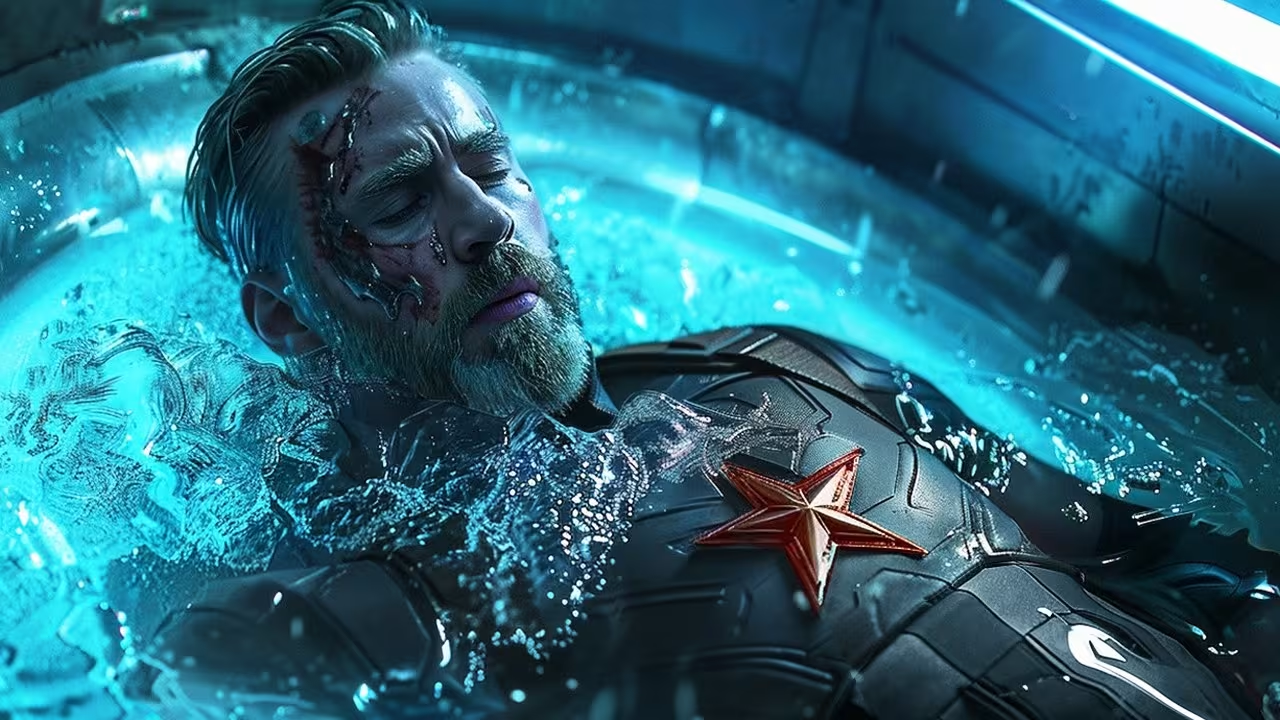Even the best athletes can hit a slump, losing confidence and the edge that sets them apart. Recovering from these challenges often involves a combination of physical adjustments, mental resilience, and cutting-edge techniques like sports psychiatry and visualization.
Justin Tucker: Overcoming a Rough Patch
Justin Tucker, widely considered one of the greatest kickers in NFL history, faced a rare struggle in 2018 when he missed a critical extra point—the first of his career. Known for his precision, this miss tested Tucker’s confidence. He openly addressed the situation, highlighting the importance of focusing on technique and maintaining a short memory to bounce back.
Recently, has faced struggles again during the 2024 season, going 5-for-8 on field goal attempts in the first three games. His three misses—46, 53, and 56 yards—have contributed to an uncharacteristic 62.5% accuracy rate so far, well below his career average of over 90%. Tucker recently missed two field goals from 47 and 50 yards in Baltimore’s narrow 18-16 loss to the Steelers, dropping his overall accuracy to 72.7% for the season. Ravens head coach John Harbaugh attributed these misses to “a technique issue,” which Tucker is determined to resolve through focused practice and adjustments. His confidence remains intact, bolstered by a strong support system, his history of success, and mental resilience practices like visualization (see below).
The Role of Sports Psychiatry
Sports psychiatry plays a crucial role in helping athletes regain their mental edge. Techniques like cognitive-behavioral therapy and mindfulness can help address performance anxiety, fear of failure, and self-doubt. Mental health professionals often work with athletes to reframe their thinking and build confidence.
Visualization and Routine
Visualization is another powerful tool. Athletes like Michael Phelps and Serena Williams have used mental imagery to rehearse their performances, creating a sense of mastery even before stepping onto the field.
Reclaiming the Winning Mindset
The path to recovery often involves revisiting fundamentals, adjusting training techniques, and seeking support from coaches and sports psychologists. Whether through therapy, routine adjustments, or mental imagery, athletes who recover their mojo prove that setbacks are temporary, and resilience is key to long-term success.
Their journeys remind us that sports are as much about mental fortitude as physical ability.



